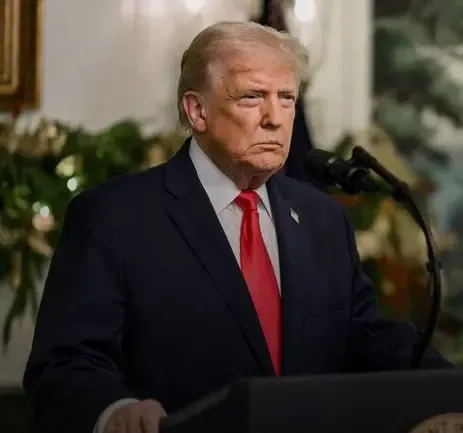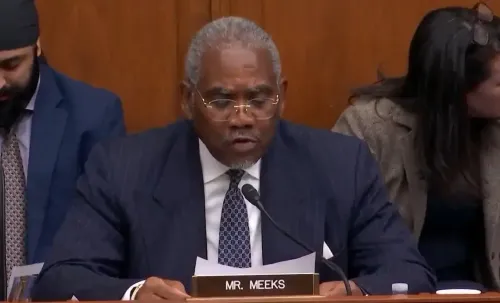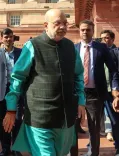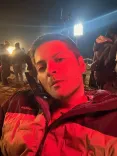Are there 'unprecedented threats' to press freedom in Bangladesh?
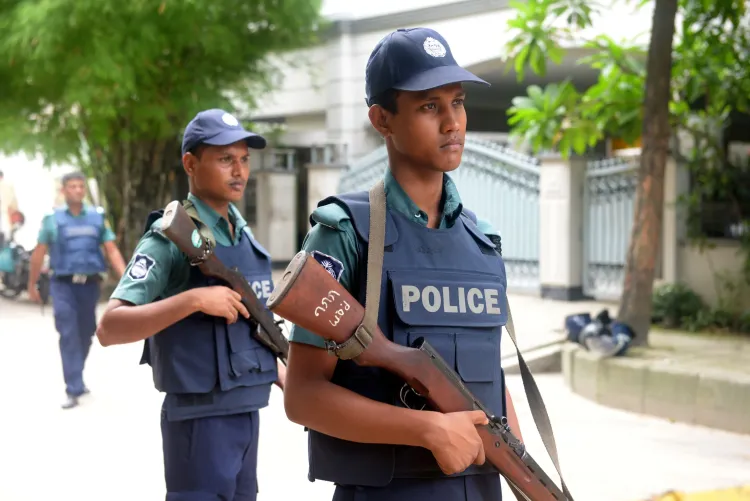
Synopsis
Key Takeaways
- Unprecedented threats to press freedom in Bangladesh.
- Over 51 journalists have voiced concerns about ongoing violence.
- Numerous journalists face wrongful accusations and imprisonment.
- Immediate action from the government is demanded to ensure media freedom.
- Justice for slain journalists and reopening of the Dhaka Union of Journalists is crucial.
Dhaka, July 8 (NationPress) The Awami League party of Bangladesh has underscored the 'unprecedented threats' to press freedom within the nation. On Tuesday, they reported that 51 journalists from the South Asian nation have voiced serious concerns regarding the ongoing killings, torture, and harassment faced by media professionals under the interim government led by Muhammad Yunus.
According to their statement posted on X, 412 journalists have been falsely accused in various harassment cases, with 39 journalists arrested—many without the due process of bail or trial. Over 1000 journalists have been dismissed from their positions, 168 press cards have been revoked, and 101 press club memberships have been cancelled. More than 100 bank accounts have been frozen, over 300 journalists are facing travel bans, and at least 10 journalists have been murdered, with no justice rendered.
The journalists have called for an immediate cessation of harassment, justice for their slain colleagues, bail for those imprisoned unjustly, and the reopening of the operations of the Dhaka Union of Journalists.
As mentioned in their letter, the journalists condemned the 'murder cases, dismissals, and torture' against their peers, also insisting that the Dhaka Union of Journalists, which has been closed for the past 11 months, should be allowed to operate again.
In their statement, they expressed grave concern that the nation is currently held hostage by mob terrorism, which has extended to the media sector. The community of journalists finds itself in a perilous position due to rampant incidents of murder, harassment, and attacks on media establishments. There have even been instances of mob terrorists slaughtering cattle in front of prominent newspaper offices, organizing events that resemble banquets.
The statement continued, noting that these mob terrorists, identifiable through public announcements, are committing these heinous acts without facing legal repercussions. This leads to the belief that some powerful entities are backing these individuals.
It was emphasized that every citizen is entitled to legal remedy or bail; however, journalists imprisoned for 'unknown reasons' are being denied this right. Moreover, many journalists are held without trial for months, which constitutes a clear violation of human rights.
The journalists expressed their hope that the interim government would transcend political affiliations and take measures to control the mob terrorism, protect media workers from various forms of oppression, and ensure job security. This would enable journalists to perform their functions without fear. However, nearly a year into the interim government's tenure, there has been no substantial progress, raising deep concerns among the signatories.
They reiterated their demands for justice concerning all journalist murders and torture, condemned the ongoing harassment, and urged that bail be granted to those imprisoned.
In conclusion, they called upon the government to guarantee media freedom, end the harassment of journalists, and take firm action against those who threaten and intimidate the media. They urged the authorities to refrain from silencing journalistic voices using political labels.




